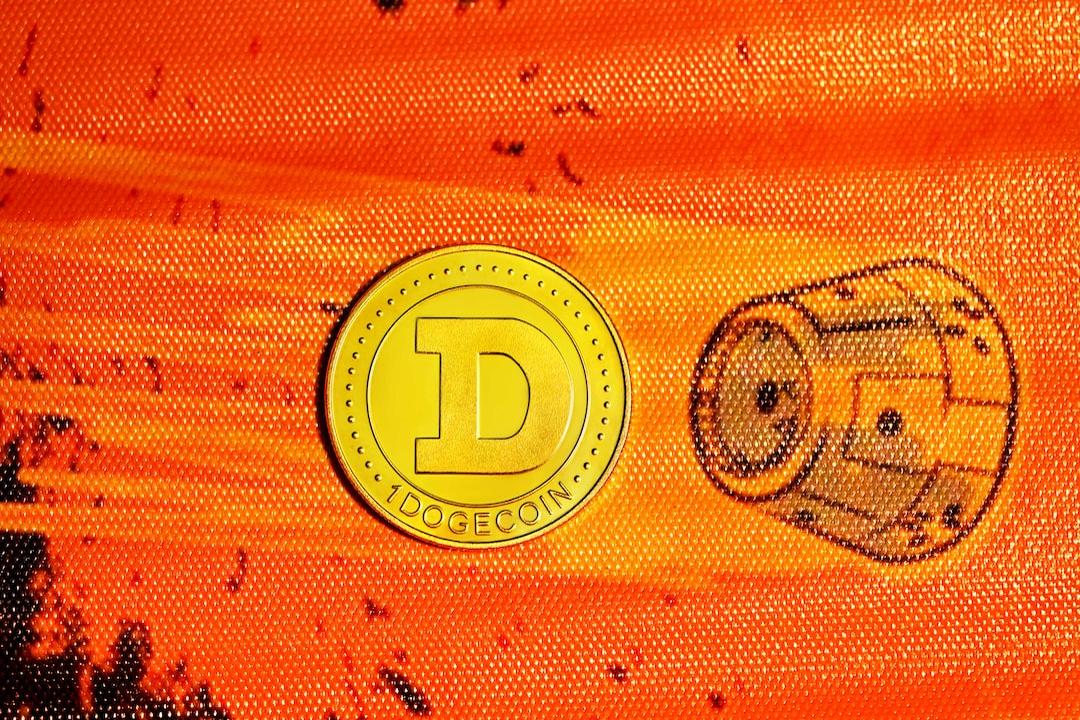
Table of Contents
Toggle
Utah’s “Bitcoin Reserve Bill” Passes Preliminary Review in the Senate
Bitcoin is the Only Digital Asset Meeting Reserve Standards
If Passed, the Bill Will Take Effect on May 7
Utah’s Bitcoin Reserve Bill was approved by the state’s Senate Revenue and Taxation Committee on February 20, bringing Bitcoin one step closer to becoming the reserve asset of the state. The bill, titled HB230 “Blockchain and Digital Innovation Amendments,” passed the Senate committee with a vote of 4 in favor, 2 against, and 1 absent. The bill will now undergo a second and third review before a final vote. Previously, the bill had passed in the House of Representatives. If approved by the Senate, Utah Governor Spencer Cox only needs to sign the bill to officially incorporate Bitcoin (BTC) into the state’s reserve assets. In this vote, all four senators supporting the bill were Republicans, while the opposing votes came from one Republican senator and one Democratic senator, with one member absent.
Bitcoin is the Only Digital Asset Meeting Reserve Standards
According to the bill’s provisions, for a digital asset to qualify as a reserve asset in Utah, its market capitalization must average over $500 billion in the past year. As of now, Bitcoin is the only digital asset that meets this criterion. The second-largest digital asset, Ethereum (ETH), briefly exceeded a market cap of $500 billion in 2021 but only maintained that level for a few months (from October to December 2021). Moreover, the bill also authorizes the state treasurer to engage in cryptocurrency staking, which, while not applicable to Bitcoin, opens the possibility of including Proof-of-Stake (PoS) cryptocurrencies like Ethereum in the reserve assets in the future.
Under the bill’s provisions, the state treasurer may invest up to 5% of digital assets in five state-level funds, including:
– General Fund Budget
– Income Tax Fund Budget
– State Disaster Recovery Accounts, etc.
These funds must be held at qualified custodians or through exchange-traded funds (ETFs). If the bill is ultimately passed and signed by the governor, it will officially take effect on May 7, 2024.
If Passed, the Bill Will Take Effect on May 7
Currently, Utah is leading the nation in the progress of Bitcoin reserve legislation. Dennis Porter, CEO of the Satoshi Action Fund, recently stated that due to Utah’s shorter legislative cycle and strong political momentum, the state may become the first in the United States to adopt Bitcoin reserves.
According to information from the Bitcoin Reserve Monitor, 13 other states, including Arizona, Illinois, Kentucky, Maryland, Montana, New Hampshire, New Mexico, North Dakota, Ohio, Oklahoma, Pennsylvania, South Dakota, and Texas, have also proposed similar Bitcoin reserve bills. Among these, Utah and Arizona are advancing faster than the others.
Bitcoin Momentum Slows! Leverage Risks Mount as Market Eyes Key Support at $110,000
On-Chain Analysis Company Glassnode ReportsOn-chain analysis company Glassnode noted in it…
